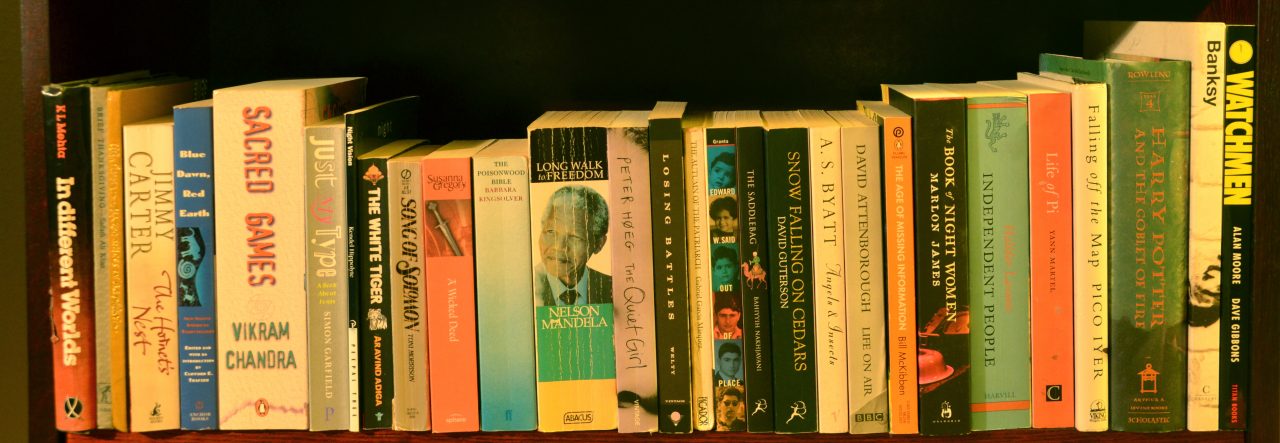Published by Simon & Schuster UK / Grand Central Publishing, 2008, 484 pages.
Child 44 is set in the USSR towards the end of Stalin’s regime, a Utopia where crime—and therefore criminals—no longer exist. Or at least that’s what the state wants people to believe. What this actually means is that murders cannot be reported, leaving those who commit them to go free. One of these is a serial killer who is targeting children across the country, leaving their mutilated bodies by railway tracks.
It isn’t surprising that this is a time when paranoia is rife, where the slightest misstep—including annoying the wrong person—could get you arrested, tortured and killed by the MGB (the predecessor of the KGB). The main character, Leo—a war hero and an idealist—is also an up and coming officer in the MGB, who believes that torture is a necessary evil to protect the Soviet Revolution.
But when Leo’s wife, Raisa, is accused of anti-state activities by a colleague and the state wants him to give her up, it is a step too far, and he refuses. His position, and everything that goes with it, is stripped away. Suddenly, from being part of the state machinery, he is out in the cold. This forces him to confront some unpalatable truths: the system he defended for so long is corrupt, and his marriage has been built on lies. Raisa married him not out of love but fear—how do you refuse an MGB officer? Once the reason for the fear is gone, she is free to choose whether to stay or leave. Their relationship is one of the more interesting parts of this story.
Leo is demoted and sent to Voualsk, a remote town in the Urals, where the bodies of two more children are found near the railway line. Leo decides to investigate and to his surprise, finds that his new boss, General Nesterov, has also been looking into the murders. They join forces to investigate the crimes. But Leo’s former colleagues in Moscow find out, and they are not too pleased. It becomes a race against time as Nesterov and Leo, helped by Raisa, try to catch the murderer before the state authorities catch up with them.
Tom Rob Smith paints a frightening picture of how paranoia and state violence can destroy a people. How do you survive if you are afraid of telling the truth and never know who is going to betray you?
This is not a typical police procedural but once the pace picks up, it’s hard to put down. My one quibble, at the risk of sounding picky—is: why is all the dialogue in italics? It’s distracting. But that aside, it’s a good read.

